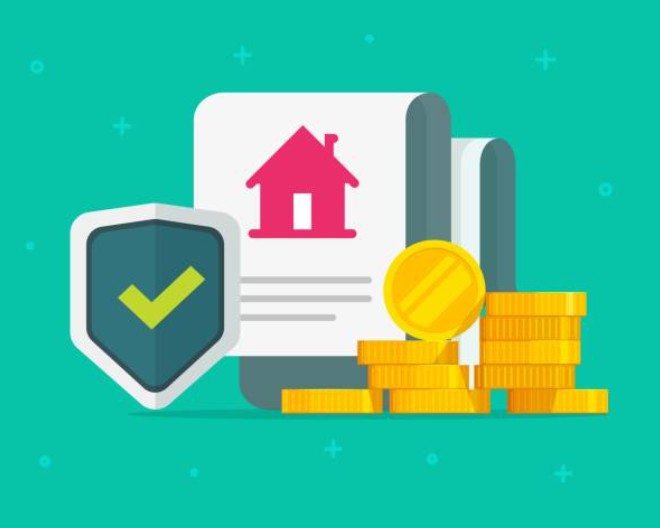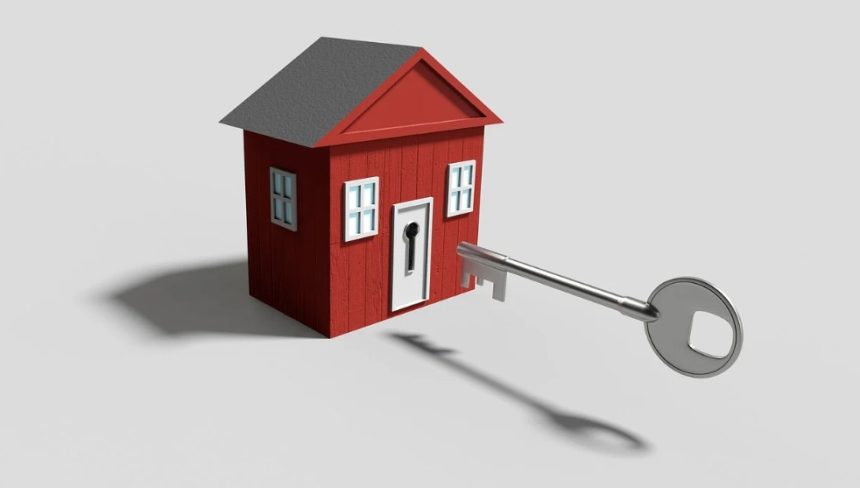When people transition from the old benefits system to Universal Credit, one of the most common and important questions they ask is:
Do you get full Housing Benefit on Universal Credit?
Understanding how rent support works under Universal Credit is essential, especially as it directly affects thousands of people across the UK. Many assume that Universal Credit will always fully cover their rent, but this is not always the case. The system is more complex, with specific rules and calculations that can leave some people with a shortfall.
In this guide, we will carefully explain how the housing element works under Universal Credit, whether you can get full support for your rent, what factors might reduce your entitlement, and how you can deal with potential shortfalls.
What Is the Housing Element of Universal Credit?

When Universal Credit was introduced, it combined several legacy benefits into one monthly payment. One of these was Housing Benefit, which is now replaced by the housing element of Universal Credit.
The housing element is designed to help you pay for your rent, whether you live in:
- Private rented accommodation
- Council housing
- Housing association properties
However, the amount you receive does not always cover your full rent. The payment is calculated based on:
- Your Local Housing Allowance (LHA) if you rent privately
- Your eligible rent if you are in social housing
- Your household income and savings
- Your age and whether you are subject to the Shared Accommodation Rate
Unlike the old Housing Benefit, Universal Credit housing payments are not always tailored to cover the entire rent amount. They are subject to strict caps and local housing limits.
Do You Get Full Housing Benefit on Universal Credit?
The simple answer is: You may not receive full housing benefit under Universal Credit.
Under Universal Credit, the housing support you receive is calculated individually. It’s based on what the system deems as the maximum you are entitled to, not necessarily your actual rent.
For many claimants, this means they receive less than their full rent amount. You might be left with a shortfall that you’ll need to pay from your personal Universal Credit allowance or other income.
Here are the key reasons why you might not get full housing support:
- Local Housing Allowance (LHA) limits apply to private renters. This is the maximum amount the government will contribute to your rent based on your local area and the number of bedrooms you’re eligible for.
- The Bedroom Tax (also known as the under-occupancy penalty) applies to social housing tenants who have more bedrooms than the government says they need.
- Shared Accommodation Rate affects single people under 35 in private rentals. They usually receive only enough to cover the cost of renting a room in a shared house, even if they live alone.
So while the housing element under Universal Credit is intended to help you with housing costs, it rarely covers 100% of rent for most claimants.
How Is the Housing Element of Universal Credit Calculated?
The calculation for housing support under Universal Credit depends on several factors:
- Type of housing: Private renters, social housing tenants, and those in supported housing all have different rules.
- Local Housing Allowance (LHA): If you rent privately, the LHA cap is based on the cheapest 30% of rental properties in your area.
- Eligible rent: This is the amount the Department for Work and Pensions (DWP) considers reasonable for your property, excluding certain service charges.
- Household composition: The number of people living with you affects the number of bedrooms you’re entitled to, which in turn affects your housing payment.
- Your income: If you earn above a certain threshold, your Universal Credit (including the housing element) may be reduced.
The government uses these details to calculate your maximum housing element, but the payment might still not meet your actual rent, especially in areas with high rental costs.
Local Housing Allowance (LHA) and Universal Credit

If you are renting from a private landlord, the Local Housing Allowance (LHA) significantly influences how much housing support you get under Universal Credit.
Key points about LHA:
- It is based on the average rents in your area for properties of a certain size.
- It sets the maximum rent the government will help you pay, regardless of your actual rent amount.
- If your rent is higher than the LHA, you must cover the difference yourself.
For example, if your rent is £850 per month but your LHA cap is £750, your Universal Credit housing element will only cover £750. You’ll need to find the extra £100 from your remaining Universal Credit or other income.
Social Housing and the Bedroom Tax
For people living in council or housing association properties, Universal Credit will usually cover your “eligible rent” (excluding certain services like heating or water rates). However, you may face a reduction due to the Bedroom Tax.
What is the Bedroom Tax?
- If you are considered to have more bedrooms than your household needs, your housing element is reduced.
- The reduction is typically 14% for one extra bedroom or 25% for two or more extra bedrooms.
This means even if your Universal Credit is calculated to cover your eligible rent, it might still be reduced if you are under-occupying.
Shared Accommodation Rate for Under 35s
If you are under 35, single, and renting privately, you may be restricted to the Shared Accommodation Rate. This means your housing support will only cover the cost of renting a room in a shared property, even if you are renting a one-bedroom flat.
There are exceptions, including:
- People with severe disabilities
- Care leavers under 25
- Victims of domestic violence
However, for many young people, this restriction significantly reduces the housing element they can receive, often leading to a shortfall between their Universal Credit payment and their actual rent.
Factors That Affect the Amount of Housing Benefit You Receive on Universal Credit
Several elements can reduce how much of your rent is covered by Universal Credit. Some key factors include:
1. Non-Dependent Deductions
If you live with another adult who is not your partner or dependent child (for example, an adult son or daughter), Universal Credit assumes they should contribute to the rent. This is called a non-dependent deduction and can reduce your housing element.
2. Benefit Cap

The Benefit Cap limits the total amount of benefits you can receive. If your total benefits exceed the cap, your housing element may be reduced to bring you under the limit. This can leave you with a rent shortfall.
3. Your Income
If you are working, Universal Credit will reduce your benefit payments as your earnings increase. This can also impact the housing element, meaning you might not get full rent support if your income is above certain thresholds.
4. Under-Occupancy Rules (Bedroom Tax)
If you are a council or housing association tenant and have more bedrooms than the government says you need, your housing element will be reduced. This is often called the Bedroom Tax.
Can You Get Help If Universal Credit Doesn’t Cover Your Full Rent?
If you find that your housing element on Universal Credit does not fully cover your rent, there are some options:
- Discretionary Housing Payments (DHP): You can apply to your local council for extra financial support. DHPs are intended to help people facing rent shortfalls or emergencies.
- Talk to your landlord: Some landlords may be flexible about payment schedules if they understand your situation.
- Review your tenancy: If your rent is too high for what Universal Credit allows, you may need to consider moving to more affordable accommodation.
- Seek independent advice: Organisations like Citizens Advice can help you understand your entitlements and how to challenge decisions if you think your payment is incorrect.
Can Universal Credit Pay Rent Directly to Landlords?
By default, Universal Credit housing costs are paid directly to you, and you are expected to pay your landlord yourself.
However, in certain situations, you can request Alternative Payment Arrangements (APA) where rent can be paid directly to your landlord. This might apply if:
-
You are in significant rent arrears.
-
You have struggled with managing money in the past.
-
You have a history of substance misuse, mental health challenges, or other vulnerabilities.
If you feel you cannot manage direct payments, speak to your work coach or landlord to request this arrangement.
Conclusion
So, do you get full Housing Benefit on Universal Credit?
For most people, the answer is no — Universal Credit rarely covers the full cost of your rent. It is based on government calculations like Local Housing Allowance, household size, and other personal circumstances.
However, understanding how the housing element works, what affects it, and what additional help is available can make a real difference. If your rent is not fully covered, don’t panic — you may have options like Discretionary Housing Payments or benefit advice services to support you.
If you are dealing with a rent shortfall, always speak to your landlord and your local council early to explore solutions and prevent the situation from getting worse.






